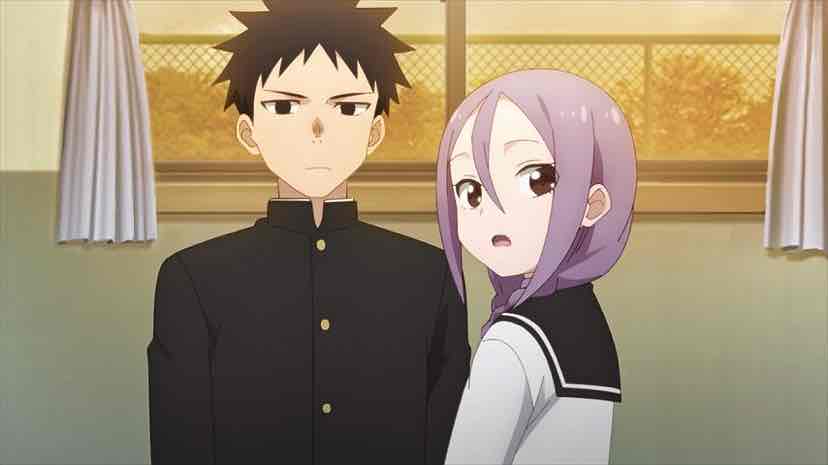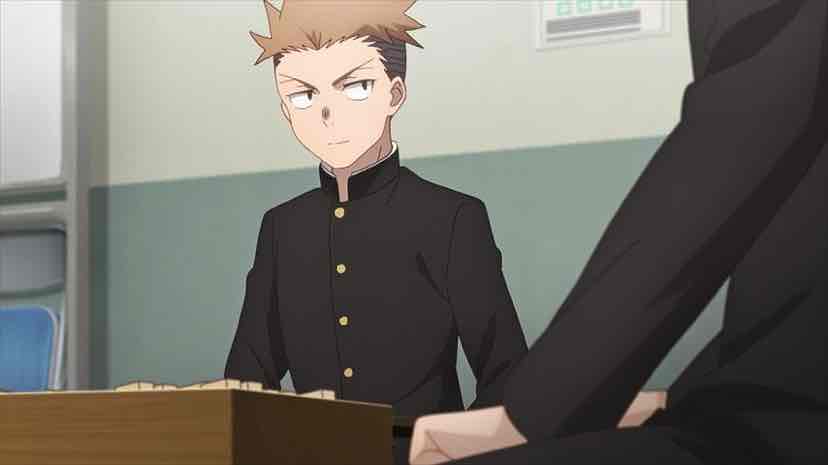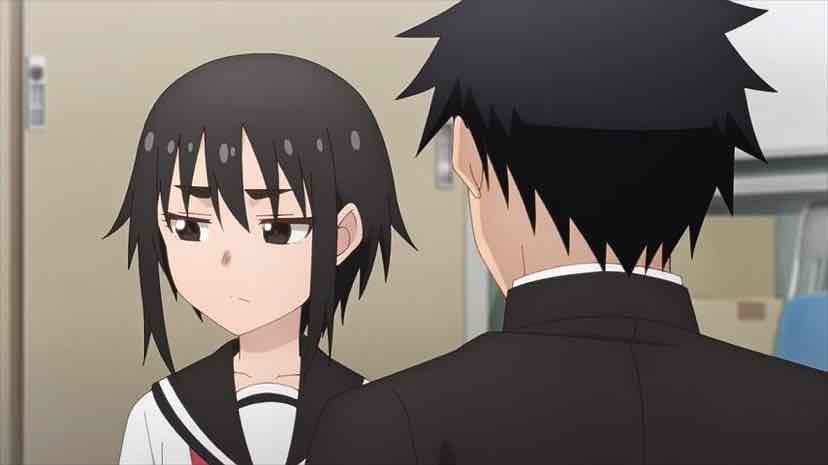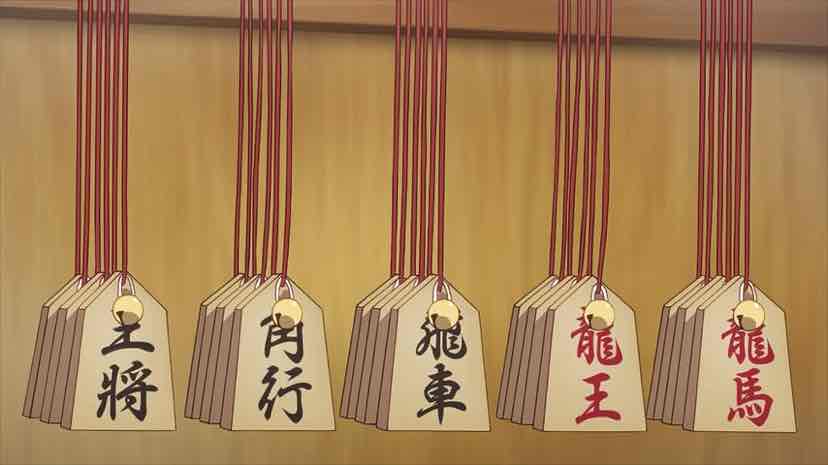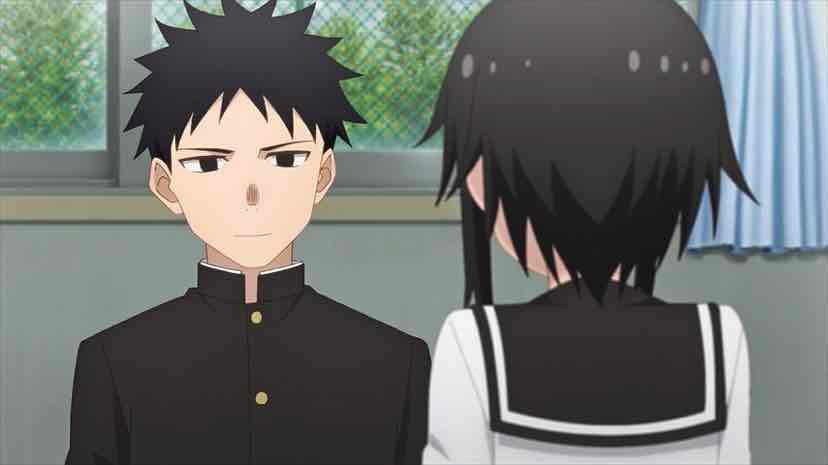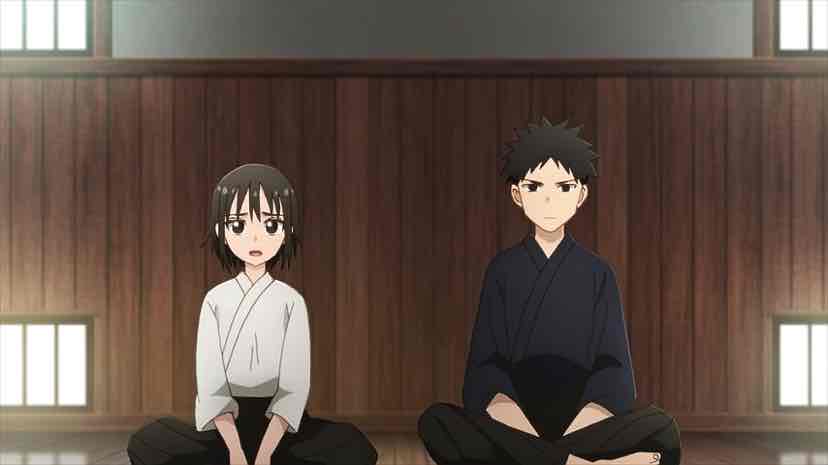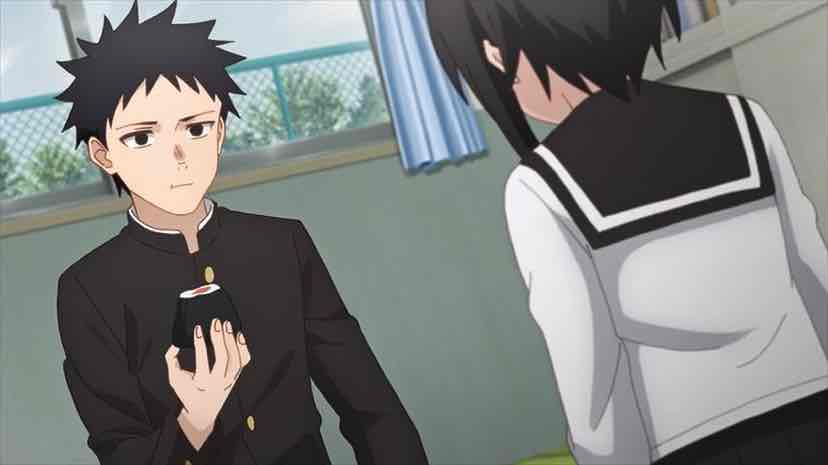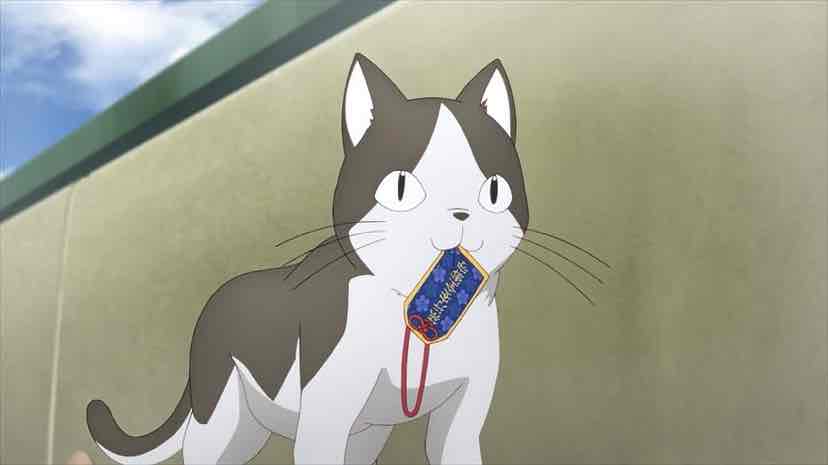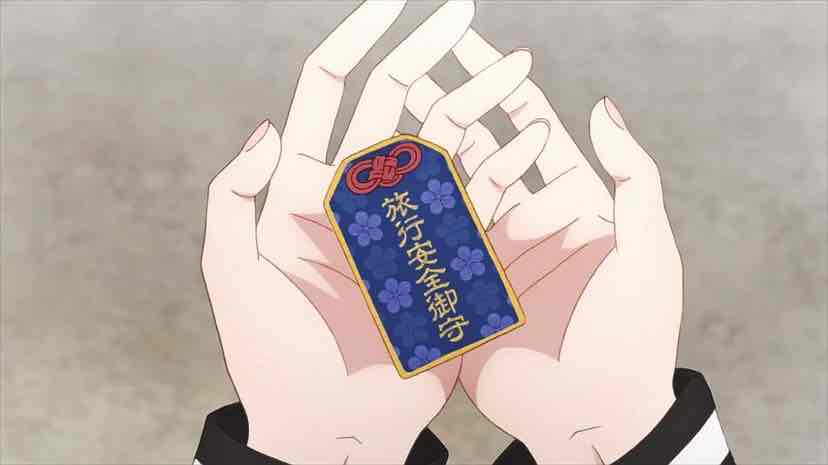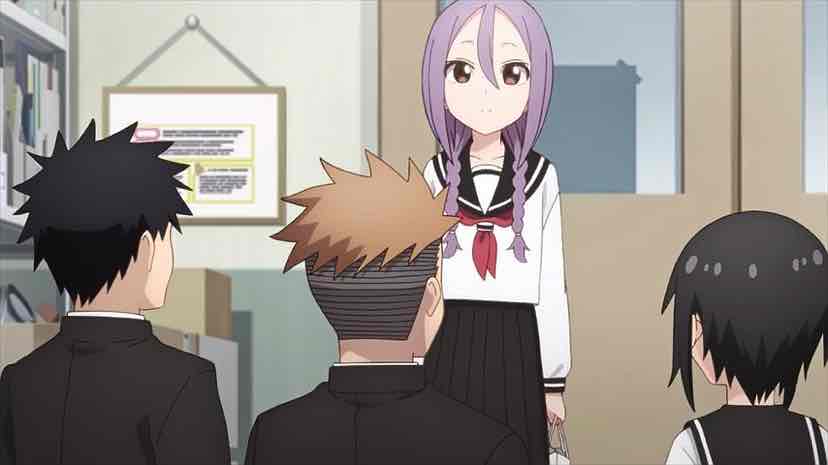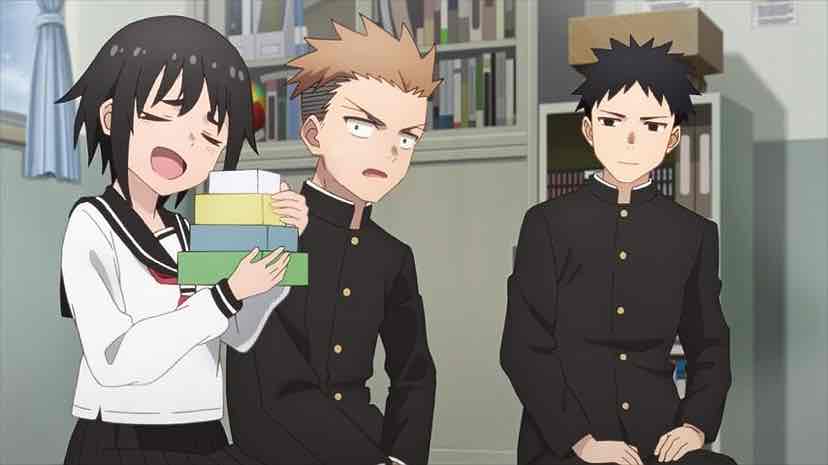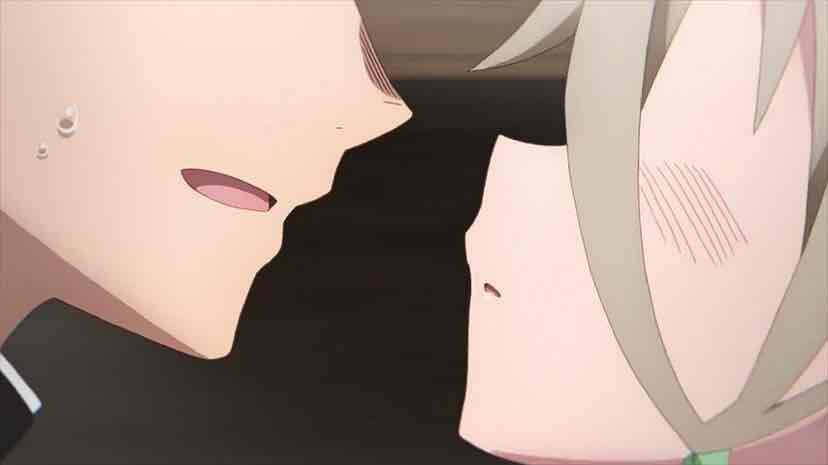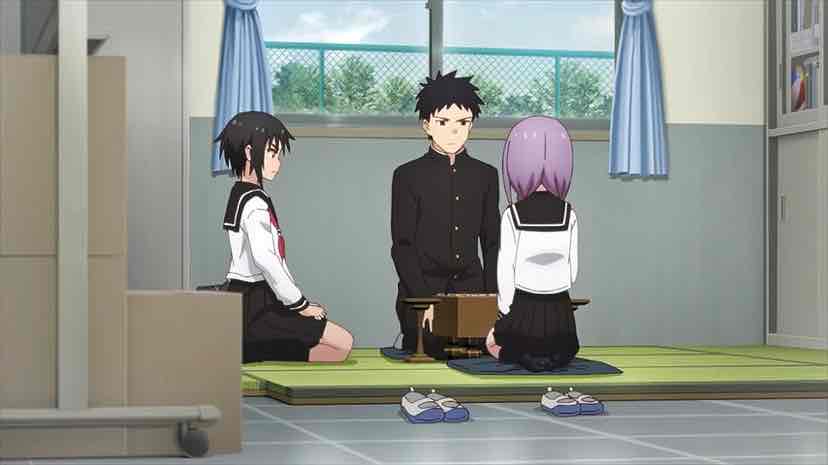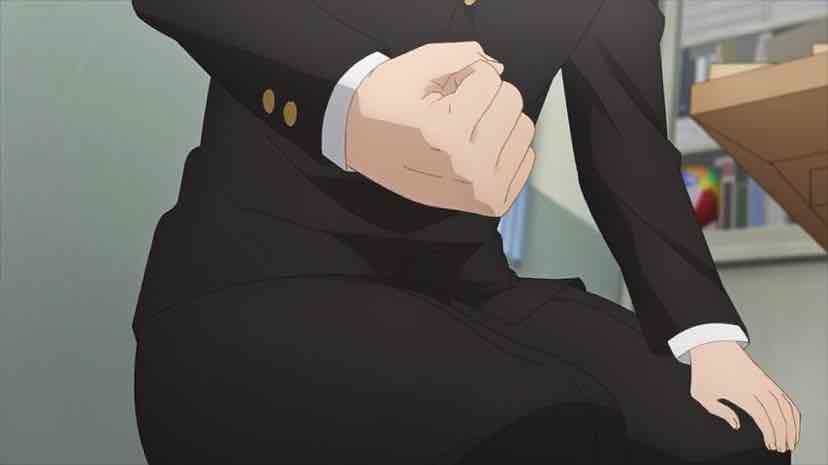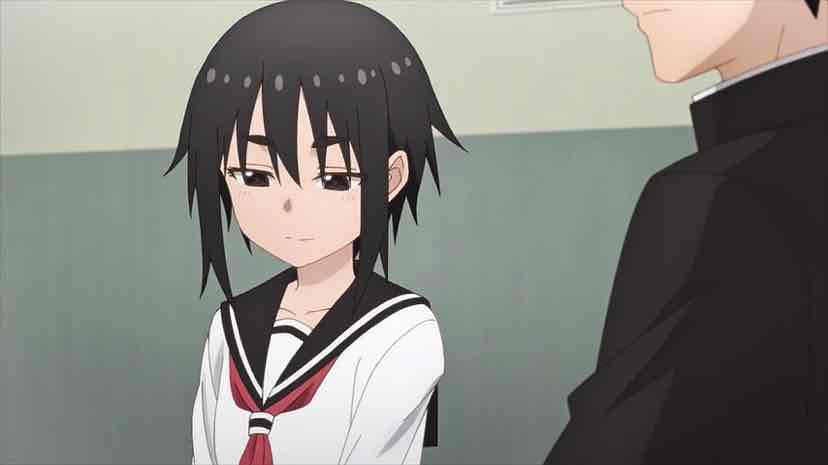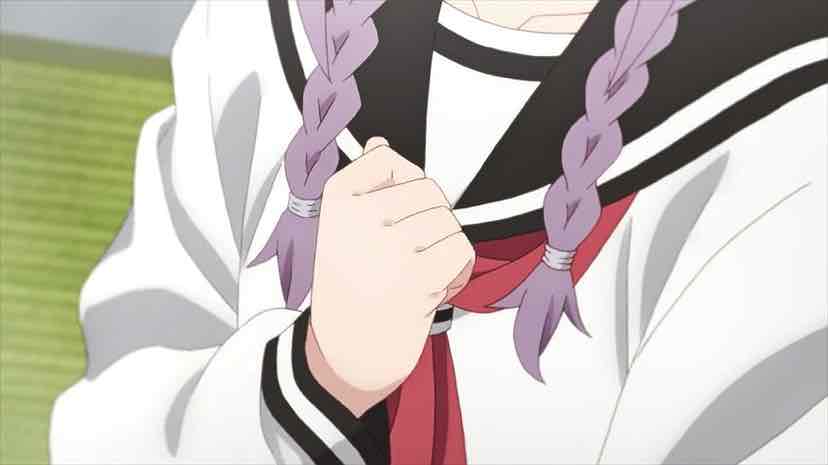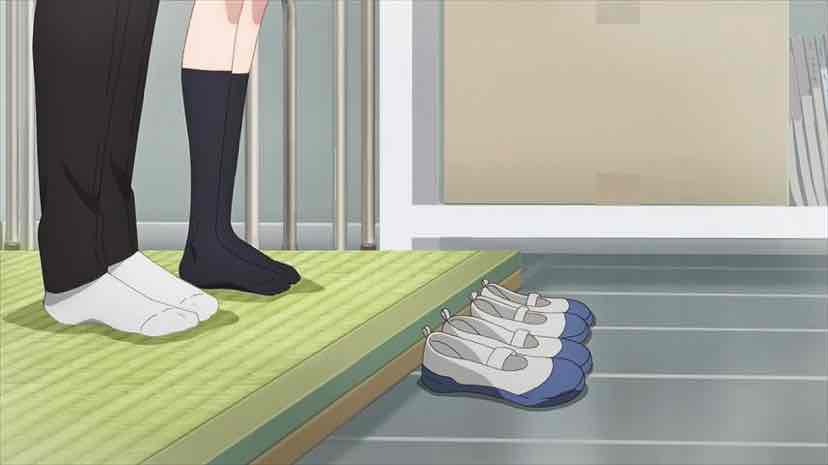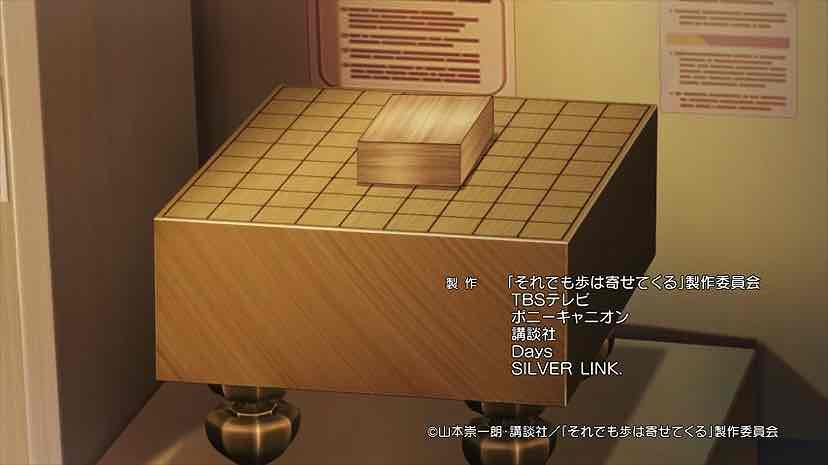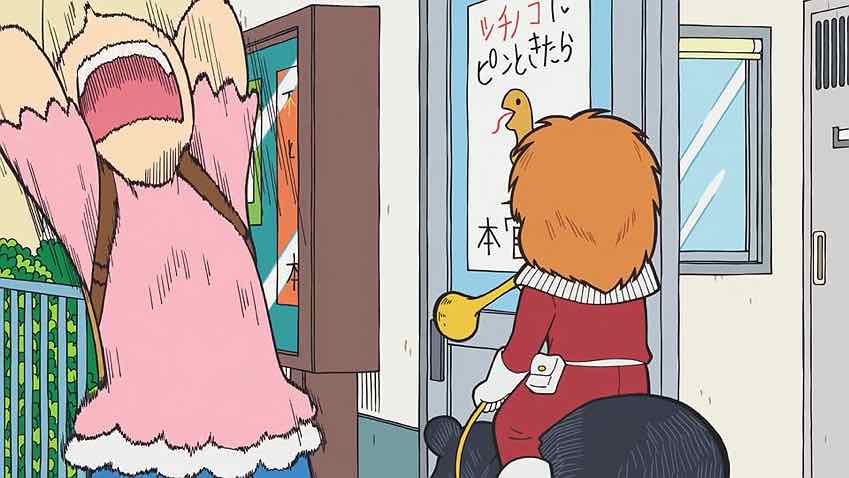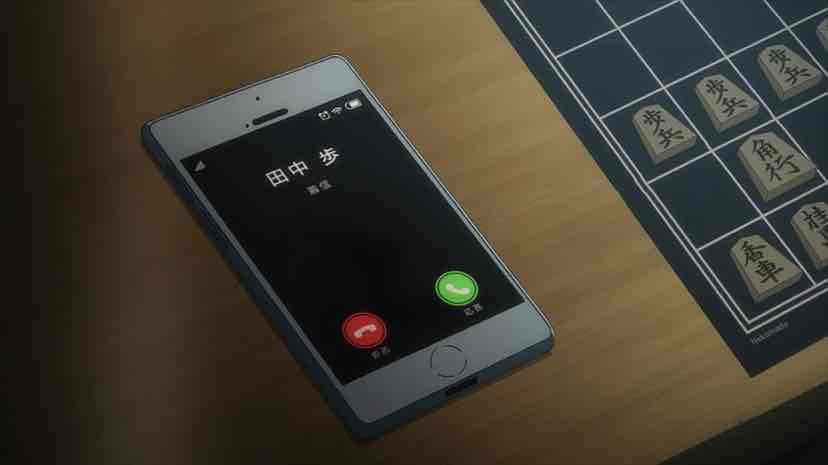 Soredemo Ayumu wa Yosetekuru is kind of an odd series. It’s an adaptation of an ongoing manga that plays very much as if it were an original anime. By that I mean that there’s a very “one and done” feel to it, which is something I normally despair over – not all manga deserve full adaptations of course, but the “read the manga ending’ is a bane of fans’ existence. Yet here I think it totally works. Soredemo Ayumu is nothing deep or profound, and it’s similar enough to Yamamoto Souichirou’s essential series that it feels very familiar. For all I know it may get another season even if it sure didn’t act like it, but I think 12 episodes for this series is just about right.
Soredemo Ayumu wa Yosetekuru is kind of an odd series. It’s an adaptation of an ongoing manga that plays very much as if it were an original anime. By that I mean that there’s a very “one and done” feel to it, which is something I normally despair over – not all manga deserve full adaptations of course, but the “read the manga ending’ is a bane of fans’ existence. Yet here I think it totally works. Soredemo Ayumu is nothing deep or profound, and it’s similar enough to Yamamoto Souichirou’s essential series that it feels very familiar. For all I know it may get another season even if it sure didn’t act like it, but I think 12 episodes for this series is just about right.
 This show has always played as a sort of survey course in romcom cliches as seen through a Yamamoto lens. The high school setting allows him a bit more freedom to take things further than he does with Karakai Jouzu no Takagi-san (including the merest hint of ecchi), but the core philosophy is the same. It feels less personal than Takagi-san, and the non-relationship side of that series gives it far more thematic depth – it’s more a travelogue of middle school life in Yamamoto’s hometown of Tonosho, Shodoshima than a pure romcom. But Yamamoto clearly has fun playing the tropes out here, and it’s infectious enough to work.
This show has always played as a sort of survey course in romcom cliches as seen through a Yamamoto lens. The high school setting allows him a bit more freedom to take things further than he does with Karakai Jouzu no Takagi-san (including the merest hint of ecchi), but the core philosophy is the same. It feels less personal than Takagi-san, and the non-relationship side of that series gives it far more thematic depth – it’s more a travelogue of middle school life in Yamamoto’s hometown of Tonosho, Shodoshima than a pure romcom. But Yamamoto clearly has fun playing the tropes out here, and it’s infectious enough to work.
 That most elemental of romcom tropes is the whole “tsuki ga kirei” thing – a play on words far too perfect for the Japanese not to obsess over it. As with Karaki Jouzu we have a couple in all but name here, though that expresses itself differently given the age difference. Ayumu telling Urushi he misses her as if it were nothing could hardly be more a confession than the one he refuses to offer until he beats her at shogi. That whole business of losing the shrine charm was kind of a rote affair, but at least it was dealt with quickly.
That most elemental of romcom tropes is the whole “tsuki ga kirei” thing – a play on words far too perfect for the Japanese not to obsess over it. As with Karaki Jouzu we have a couple in all but name here, though that expresses itself differently given the age difference. Ayumu telling Urushi he misses her as if it were nothing could hardly be more a confession than the one he refuses to offer until he beats her at shogi. That whole business of losing the shrine charm was kind of a rote affair, but at least it was dealt with quickly.
 The real business is taking place back home, where Ayumu is grinding hard to improve at shogi. One has to give full credit to Rin for her commitment to the whole wingman role – she’s going all out, and not trying to subtly sabotage even subconsciously. This is especially painful for her because she’s fighting to get Ayumu to avoid the mistake she made, which cost her a chance to avoid her regrets. I think Rin realizes this is a lost cause for her, which makes it easier to do the right thing, but it would be even easier to sulk or abstain altogether than to actively help Ayumu get there. When she finally does call Ayumu “Sempai” it’s as much an admission of defeat as a token of respect for his shogi improvement.
The real business is taking place back home, where Ayumu is grinding hard to improve at shogi. One has to give full credit to Rin for her commitment to the whole wingman role – she’s going all out, and not trying to subtly sabotage even subconsciously. This is especially painful for her because she’s fighting to get Ayumu to avoid the mistake she made, which cost her a chance to avoid her regrets. I think Rin realizes this is a lost cause for her, which makes it easier to do the right thing, but it would be even easier to sulk or abstain altogether than to actively help Ayumu get there. When she finally does call Ayumu “Sempai” it’s as much an admission of defeat as a token of respect for his shogi improvement.
 There was a bit of a fake-out there with Ayumu “beating” Urushi at shogi – turns out it was with a four-piece handicap. Nevertheless a big improvement for him (entirely thanks to Rin, though his nature probably makes Ayumu a good candidate for improvement), it’s not what he said he needed to do to confess. Getting to the end without making it official is pure Yamamoto (and the ultimate romcom trope in anime), though of course we haven’t reached the “end” of Takagi-san yet (and “Motto” rather moots the point). I thought maybe because this adaptation has been so comprehensively self-contained we might see an exception, but if it hasn’t happened in the manga yet I guess the anime really wasn’t going to go there.
There was a bit of a fake-out there with Ayumu “beating” Urushi at shogi – turns out it was with a four-piece handicap. Nevertheless a big improvement for him (entirely thanks to Rin, though his nature probably makes Ayumu a good candidate for improvement), it’s not what he said he needed to do to confess. Getting to the end without making it official is pure Yamamoto (and the ultimate romcom trope in anime), though of course we haven’t reached the “end” of Takagi-san yet (and “Motto” rather moots the point). I thought maybe because this adaptation has been so comprehensively self-contained we might see an exception, but if it hasn’t happened in the manga yet I guess the anime really wasn’t going to go there.
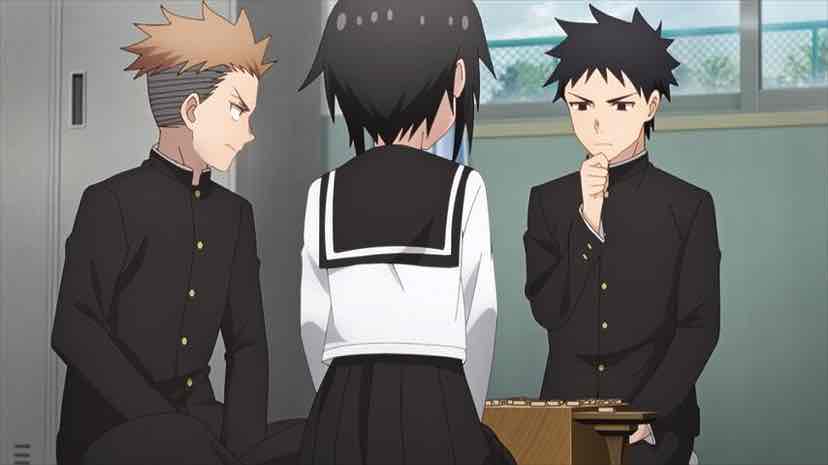 I think it’s fair to say that Yamamoto-sensei has been treated very well by anime (setting aside Kunoichi Tsubaki no Mune no Uchi, which is frankly a throwaway even for him). Karakai Jouzu has been gloriously enriched by its adaptation, and the less substantial Soredemo Ayumu has had its essence distilled into a pleasant single cour. In the end I liked all the characters here – they’re all basically nice kids, there’s a minimal amount of teasing (Sakurako, basically), and it’s fun to see them stumble around the obvious. This series has never been much more than a fun diversion, but there’s certainly nothing wrong with those.
I think it’s fair to say that Yamamoto-sensei has been treated very well by anime (setting aside Kunoichi Tsubaki no Mune no Uchi, which is frankly a throwaway even for him). Karakai Jouzu has been gloriously enriched by its adaptation, and the less substantial Soredemo Ayumu has had its essence distilled into a pleasant single cour. In the end I liked all the characters here – they’re all basically nice kids, there’s a minimal amount of teasing (Sakurako, basically), and it’s fun to see them stumble around the obvious. This series has never been much more than a fun diversion, but there’s certainly nothing wrong with those.





